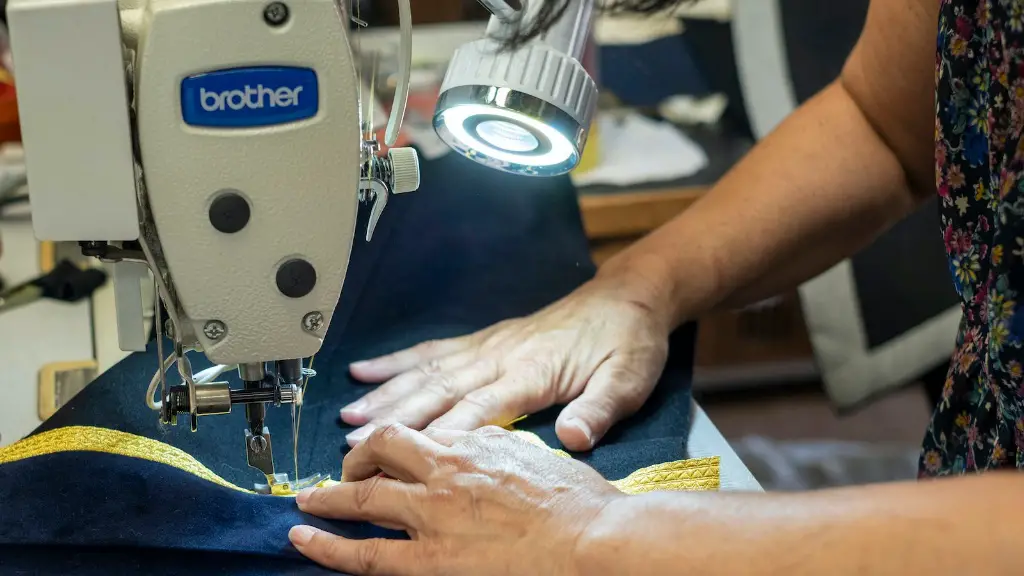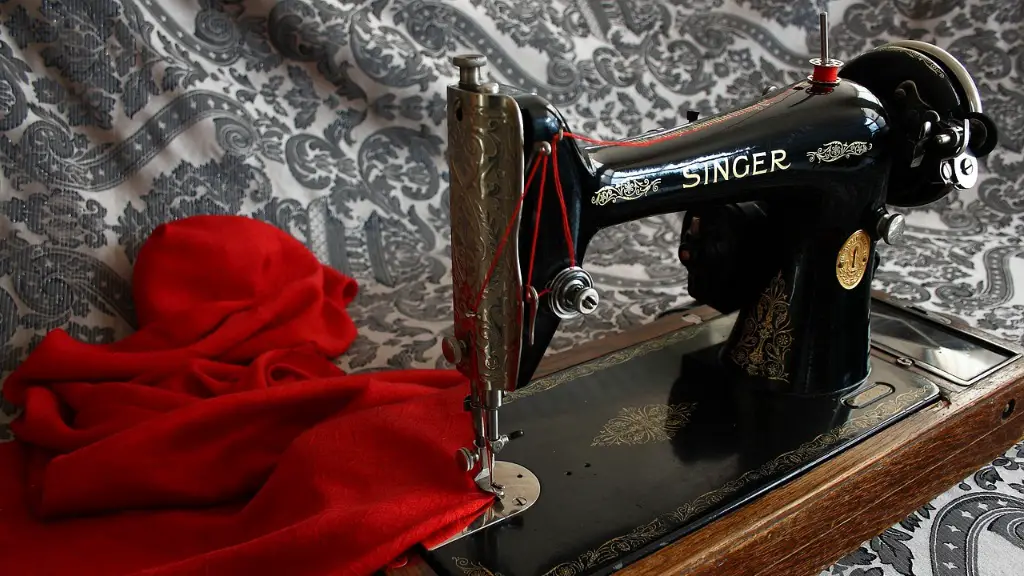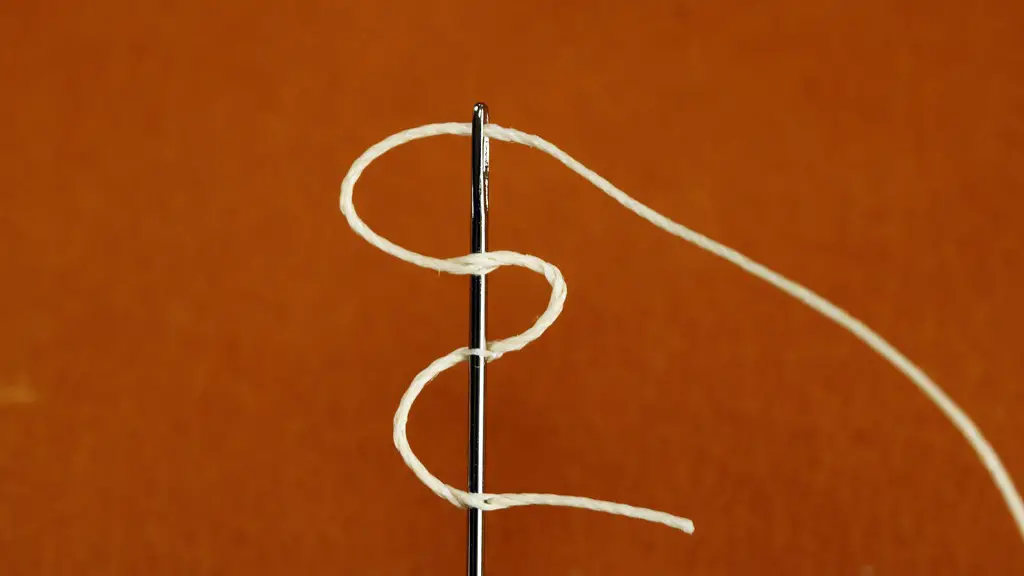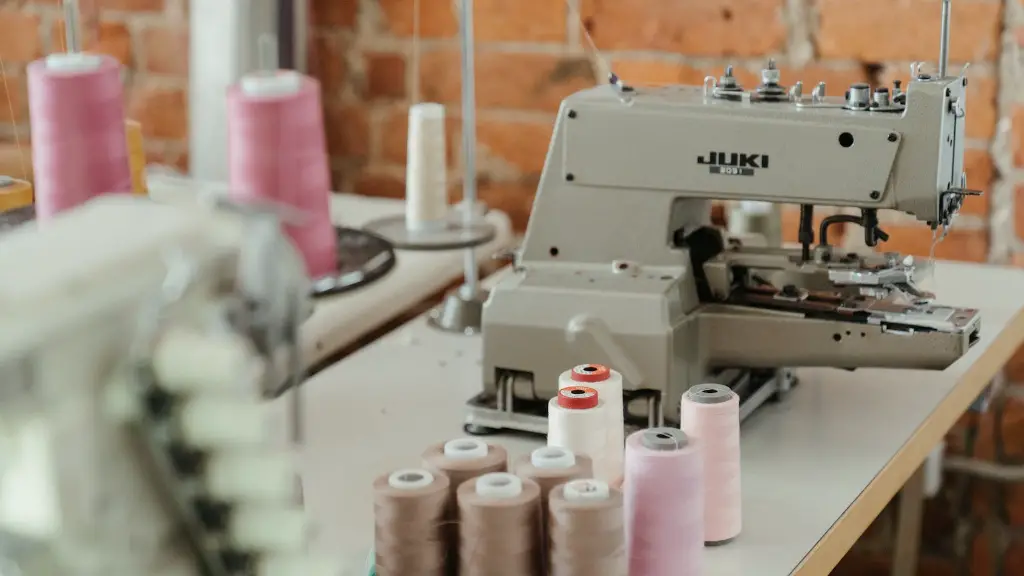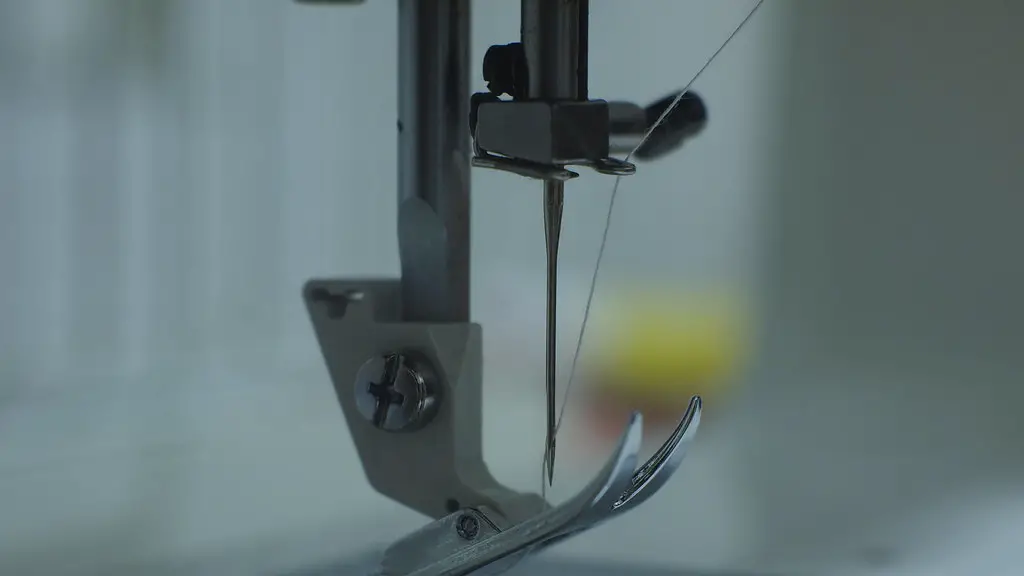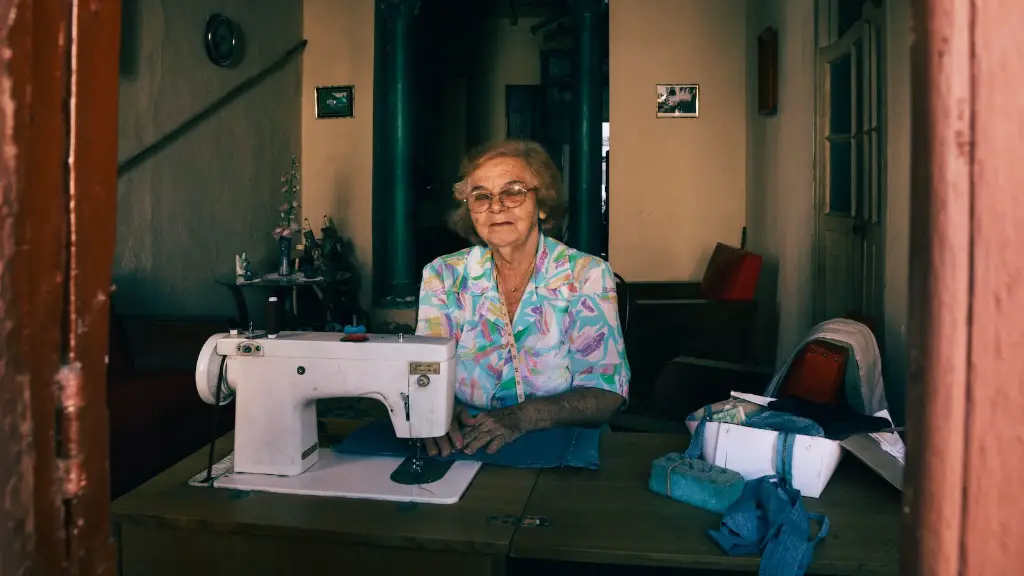What is the Best Beginner Sewing Machine
For the eager beginner, there’s nothing quite like the feeling of having a needle and thread in your hand and the ambition to create something beautiful. As one of the oldest art forms in the world, sewing has gained a reputation as a skill that requires a certain level of techniqueto master – but luckily today, beginner-level machines can make learning to sew much easier. Of course, finding the best machine that fits your needs can be a daunting task – here’s an overview of the best beginner sewing machines to help guide you on your way.
When searching for the right sewing machine, the price should be the first factor to consider. If you’re just getting started, then sticking to the lower end of the price range will give you the most bang for your buck. An important detail to remember is that beginner machines are usually limited in their capabilities and you will eventually need to upgrade if you plan to dive deeper into the craft.
Thankfully, today’s digital technologies have made owning a machine more accessible and affordable, with some models starting around $100. In the beginner range, Brothers provides the highest quality and the most wide ranging selection to choose from. As the leading manufacturer of both mechanical and electronic machines, their range of machines have some great features such as a wide selection of standard stitches, up to 50 built in stitches, adjustable speeds, and an auto-needle threader.
Other brands, like Singer, Janome, and Husqvarna, offer more complex machines with more features such as patterned stitches, longer needles, and more powerful motors. However, these features tend to come at a premium, as these machines cost much more than the beginner machines. In some cases, these premium models may be worth it for those that are looking to work on more advanced projects.
The main thing to keep in mind is that any machine you get should be comfortable for you to use. Some machines may be heavier than others, and some may feature an ergonomic design that suits you better. To find the best machine for you, try researching different brands and models, and then visiting your local shop to try them out and get a better feel for what you like. These shops may also offer classes on using the machine, so don’t forget to ask as well.
Machine Accessories
When it comes to beginner level machines, the most important accessory to consider is a Sewing Machine Case. Most of today’s machines come with a carrying case that makes it easy to store and transport the machine from one place to another. Most cases feature several compartments for storage, and many even have specialized pockets for accessories and tools. With a good case, you’ll be able to keep your machine clean and protected from dust and dirt, ensuring it lasts for years to come.
Another accessory that’s useful for beginners is a Foot Pedal. As its name implies, a foot pedal is used to control the speed of the machine, allowing for precise control when working with delicate fabrics. Most machines come with a standard foot pedal, but more expensive models may come with adjustable foot pedals that allow for more control over the speed of the machine.
Lastly, some machines may come with a few extra features such as an extension table and a thread cutter. An extension table provides extra space to work on larger projects, while a thread cutter can make the process of finishing a project much easier and neater. If you can, try to find a machine that includes these features, as they will come in handy during larger projects.
Endless Possibilities
At the end of the day, there is no one-size-fits-all when it comes to choosing a sewing machine. When shopping for the best beginner sewing machine, keep in mind that there are endless possibilities from the wide selection of brands, models, and accessories on the market. Ultimately, it comes down to finding the machine that fits your needs, budget, and style. With so many possibilities on the market, it’s impossible to go wrong.
Digital Technology
In addition to traditional mechanical machines, many of today’s machines now feature digital technology. These machines offer a variety of features, like adjustable stitch length and width and automatic threading. Some machines even offer LCD displays that provide information about the machine’s current settings and the type of fabric being used. Digital machines tend to cost more than their mechanical counterparts, but they offer more features and an overall easier experience.
Many of the digital machines on today’s market are computerized, meaning they are connected to a computer. This allows the user to save their projects, as well as access intricate designs and patterns right from the machine. Additionally, some machines even offer features like USB ports and Wi-Fi connections, allowing for even more flexibility with your projects. The main disadvantage of these machines is that they tend to be much pricier than their counterparts.
For the beginner, however, the main advantage of owning a digital machine is that it can make the process of learning to sew much easier. With some machines, it’s possible to choose from a variety of pre-programmed stitches and patterns, as well as adjustable speeds, making the learning process much more user-friendly. If you have the budget for it, a digital machine can prove to be an invaluable tool.
Maintenance and Servicing
As with any mechanical, electrical, or digital tool, it is important to maintain and service your sewing machine. Most machines will come with a manual that will give you specific instructions on how to care for and service the machine. Additionally, many shops also offer servicing and maintenance plans as part of the purchase. If a plan isn’t offered, it’s best to inquire and make sure the machine is in good condition, as regular servicing and maintenance can help to ensure the machine lasts a long time.
Because of the constant use of electricity and the moving parts, sewing machines need regular servicing to keep the parts in good condition. Regular servicing can also help to detect any potential problems before they become more serious. Additionally, most places where you purchase a machine will offer a limited warranty, so make sure to find out what coverage you have and to read the terms and conditions carefully.
In conclusion, finding the right beginner sewing machine is a matter of personal preference and budget. In any case, it is important to research and consider all factors before settling on a particular machine. As with any craft or skill, practice makes perfect – and with the right sewing machine, you’ll be able to create beautiful projects with ease and grow your skills as you go.
Ease of Use
How easy a machine is to use largely depends on the skill level of the user. In general, mechanical machines tend to be the easiest to use, as the buttons and settings are all operated manually. On the other hand, digital machines can provide a smoother experience with some pre-programmed settings, so it’s up to the user to decide what works best for their skill level.
For beginners, it’s best to start off with a machine that is easy to use and that doesn’t require a lot technical skill. However, don’t be afraid to experiment with more advanced features, as they can often give you the flexibility to create your own designs and styles. Regardless of the machine you choose, it will take some time to become acquainted with all of its features and learn the different stitches and settings.
For those starting out, it may be best to consider an entry-level machine at first, as these machines tend to be easier to use and will get the job done for most tasks. Once you’ve acquired some skills, you can always upgrade to a more complex machine with more features.
Materials
The type of material that you use will also affect your choice of sewing machine. Different machines are designed to work with specific fabrics. For example, some machines are designed to work with light fabric scraps, while others may be able to handle heavier denim and canvas. Additionally, some machines are specially designed for quilting, so if you plan on working on quilts, it’s important to find a machine that is specifically designed for that.
No matter what type of fabric you plan on working with, it’s important to make sure that the machine you choose is compatible with it. Many machines will be labeled with a “suitable fabrics” guide, so be sure to check this before making your purchase. Additionally, many stores will have a knowledgeable staff that can advise you on which model might be best for your needs.
Support
Support from the manufacturer is also important when you’re searching for the right sewing machine. Many companies offer customer service and technical support via phone, email, or live chat. It’s important to make sure that the manufacturer you choose offers the right level of support for you, as this can often be the difference between solving a simple problem or having to send the machine in for repair.
Additionally, some companies offer warranties on their machines, so be sure to look into this as well. A good warranty should cover all parts and labor, and it should be valid for at least a few years. With the right support, you’ll be able to enjoy your new sewing machine for years to come.
